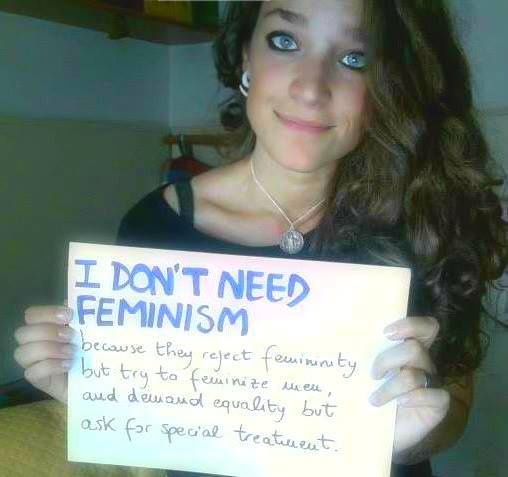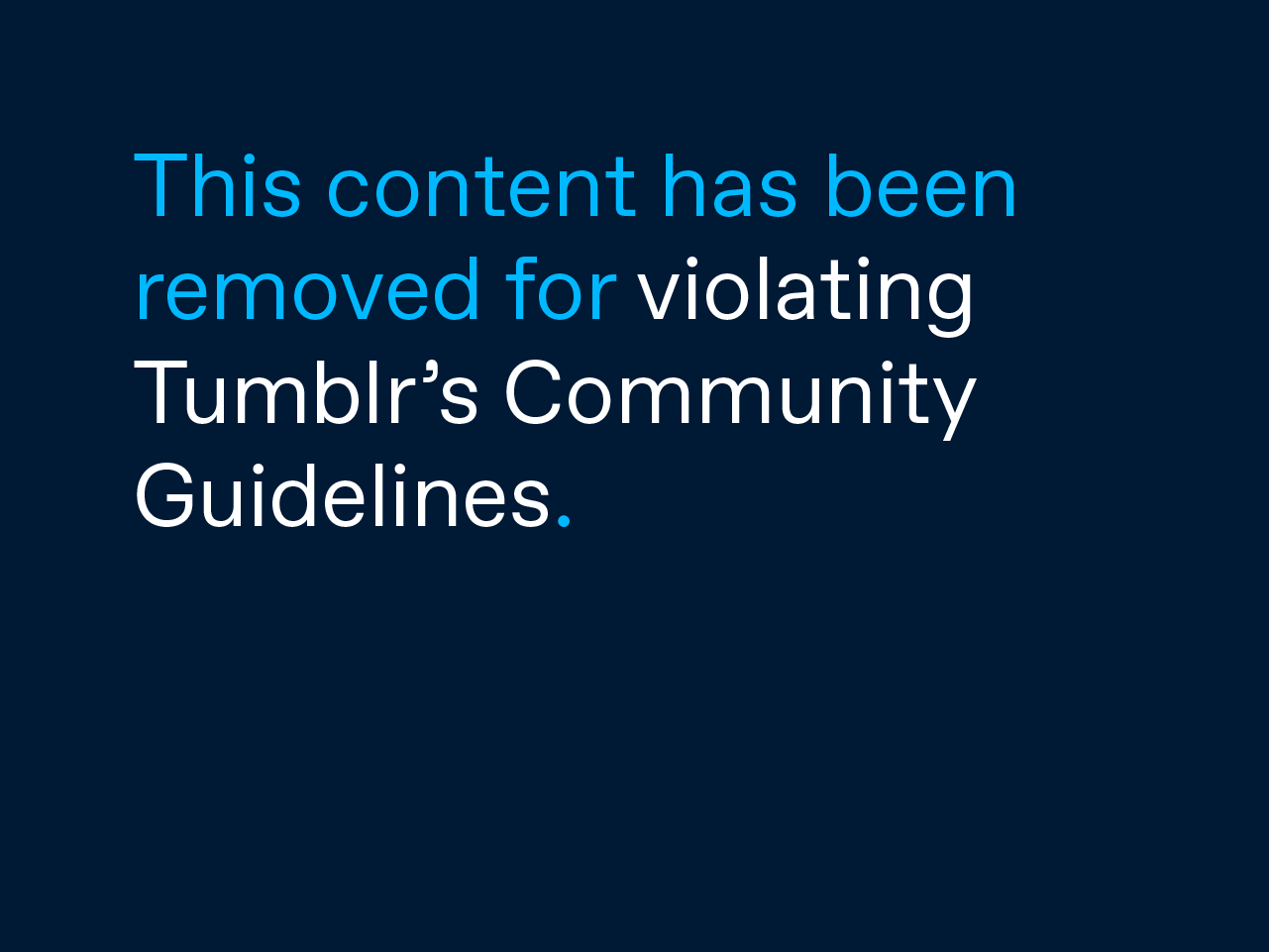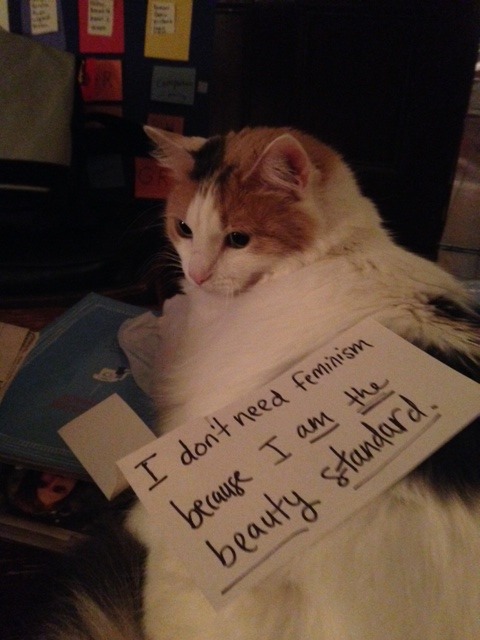Women's equality has a new champion these days - laundry people.
Everybody from detergents to washing machines of late have been advertising themselves as the new liberators for women's cause. Cheer up ladies, because technology has finally evolved to a point where your well meaning husbands can man up to the super tough job of putting clothes in a washing machine.
*Waits for orgasmic round of applause to die down*
Yes, in case you were wondering, it was only our forefathers' primitive technology that prevented men from sharing the load. That, and your own bloody high standards. As accurately depicted in the ad where the husband shares how he graciously offered to help out after the couple had a baby, so that the wife could go back to work. Awwwwwww....
But the wife, grateful as she was, could not take him up on his offer because... Of the bloody detergent that just didn't do its job right! Because we all know a woman's hands are fitted with special detergent glands, shooting extra detergent like spiderman shooting out webs from his wrists, and so when the detergent doesn't work it's only Laundrywoman, the original superhero who can save the day. This, by the way also explains why so many women have to give up on their career once they start a family. IT'S THE BLEEDING DETERGENT!!!
Speaking of women's magical hands...
But the wife, grateful as she was, could not take him up on his offer because... Of the bloody detergent that just didn't do its job right! Because we all know a woman's hands are fitted with special detergent glands, shooting extra detergent like spiderman shooting out webs from his wrists, and so when the detergent doesn't work it's only Laundrywoman, the original superhero who can save the day. This, by the way also explains why so many women have to give up on their career once they start a family. IT'S THE BLEEDING DETERGENT!!!
Speaking of women's magical hands...
So cheer up girls, now even your dad can share the load, as the poor darling always wanted to but was constrained by the lack of powerful machine-special detergents in his generation. It had nothing to do with a patriarchal sense of entitlement, and his belief that women are somehow better at laundry is totally accurate and the scientists at Surf Excel have secret labs where women's hands are harvested in pods to extract their mojo to make better detergent.
So now you have detergents that actually work, detergent with mommy's-hand-mojo... Now if only you had a machine that men could operate...
And voilà!
There now. So ladies, if your husband refuses to do the laundry, it's not his fault you've just been using the wrong machine, or no machine, or the wrong detergent. So go out and fix it.
If technology is kind to you, you'll soon be blessed with unisex gas stoves, unisex chakla-belan and vegetables, and the day will finally come when the good men at home will be able to help you with all the difficult duties that at present cannot be cracked without estrogen, and the world will be an equal place!
*wipes single tear rolling down left cheek*





